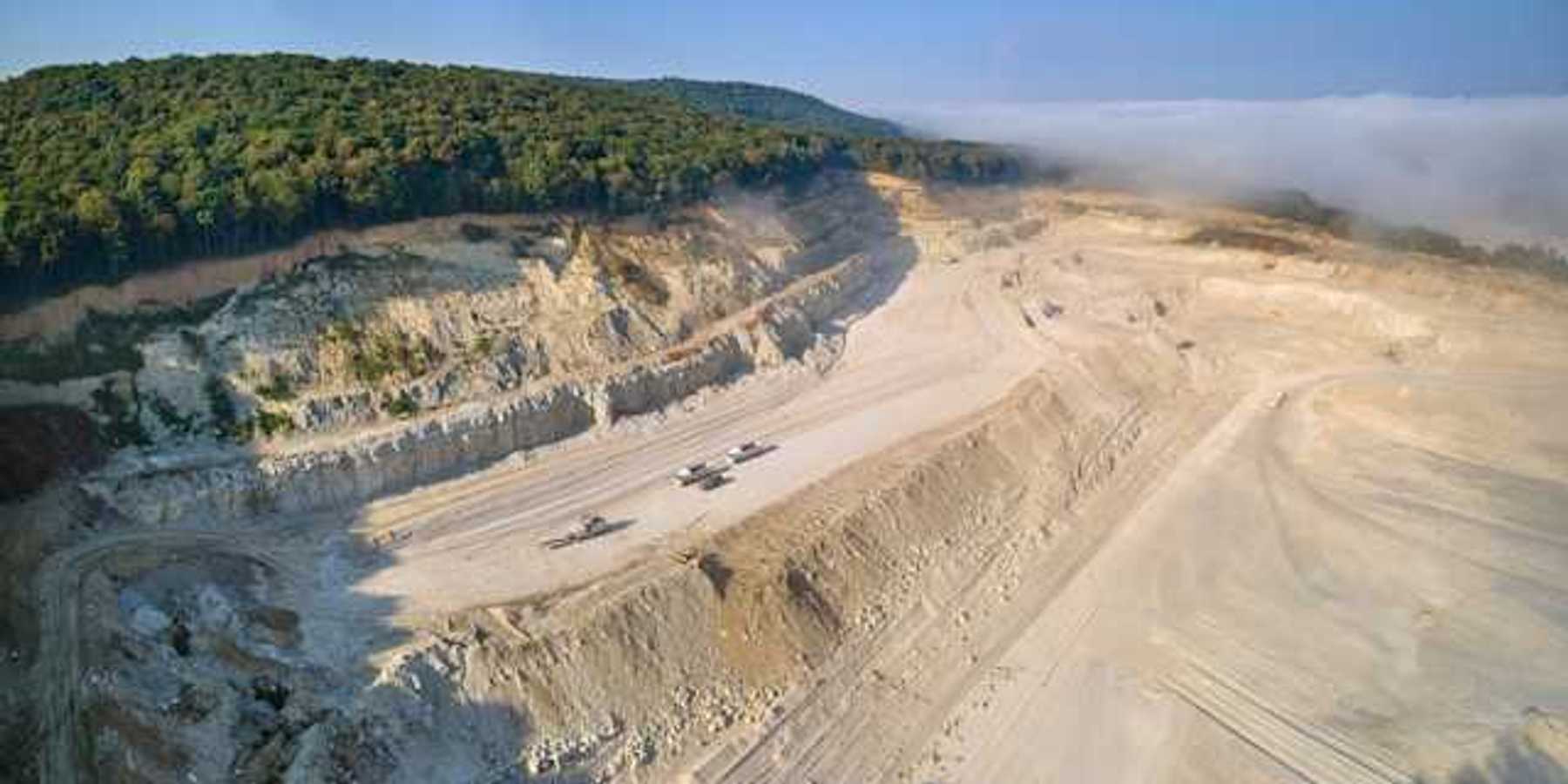Rethinking energy and justice in the Trump era.
The same communities that have been losers in the fossil fuel economy need to be the spots where small-scale clean energy takes hold, said experts on Thursday.
The same communities that have been losers in the fossil fuel economy—think West Virginia coal towns and inner cities in refinery shadows—need to be the spots where small-scale clean energy takes hold, said experts on Thursday.
Renewable energy development has long been cast as key to slowing climate change. But there's another way to look at it: the best lever to lift the heavy burden of pollution that fossil fuels impose on communities, often heavily minority, in energy country.
Because the coal jobs aren't coming back. And refineries tend to import pollution and export cash.
The election "doesn't change the long-term course of where we need to go. We need to remake our economy around clean energy."-Timothy DenHerder Thomas, Cooperative Energy Futures
That's the gist from a group of energy and social justice experts tackling "energy justice" in a suddenly transformed political climate. The issue, much like social justice, frames energy as a currently helping the haves, and harming the have-nots.
These places are “overburdened by pollution and have been excluded from economic benefits and are at the deep end of growing inequality in our country. That level of inequality is not good for anyone,” said Miya Yoshitani, executive director of the Asian Pacific Environmental Network (APEN) based in Oakland, Calif.
Hosted by the Post Carbon Institute think tank, a group dedicated to sustainable and resilient communities, the event was shadowed by looming cuts to the U.S. Environmental Protection Agency, President Obama's Clean Power Plan and other efforts to curb both emissions and fossil fuel development in the wake of President-elect Donald Trump's surprising win Tuesday.
Nonetheless the election "doesn’t change the long-term course of where we need to go. We need to remake our economy around clean energy … who wins who loses, put those decisions back into the communities,” said Timothy DenHerder Thomas, general manager of Cooperative Energy Futures in Minneapolis.
APEN's Yoshitani said local, community-based leadership is needed now more than ever to build the next economy—one that doesn’t pollute poor people, and send the money to rich people elsewhere.
“Digging fossil fuels out of the ground, processing them, refining them and burning them, every piece of that … low income communities, communities of color, are at the brunt of that pollution,” she said.
Richmond, Calif.’s, Chevron refinery is a prime example of energy injustice along racial lines. The 115-year-old refinery looms over a historically black community that also has vibrant populations of Laotians and other immigrants.
The child asthma rate in Richmond is more than double the national average. A 2012 refinery fire sent 15,000 people to the hospital.
It’s not just health: Richmond also gets the short end of the economic stick too, Yoshitani said. “The local economy is stuck in dependency on the major refinery, which is also displacing other, more sustainable economic opportunities for that community,” she said.
Thomas said the first step to breaking this cycle is a rethinking of what effective economic progress looks like.
For decades “scale meant doing each thing bigger and bigger – that’s how you got cost effectiveness … power plants, as well as highways, corporations,” he said.
Some of this thinking is present in the current renewable energy landscape, he said. Much renewable energy development today happens "through large centralized, corporate ownership. It wastes a huge amount of the potential of the transition.”
For instance, federal and state policies encourage renewable energy development largely via tax credits that primarily benefit large investors with large incomes. >
Small, community focused energy projects—solar gardens, cooperatives, microgrids—offer a better way forward but can't capture important credits, Thomas and Yoshitani said.
With community ownership “energy is no longer this one way street—energy is pumped in, money is pumped out,” Thomas said. Real cost effectiveness, he added, will come when every community is building clean energy infrastructure and projects. While each project may be small, together the impact can be “massive,” he said.
Examples of local, grassroots movement abound, they said. Local tribes in Arizona formed the Black Mesa Water Coalition more than a decade ago in response to coal mining in the Black Mesa Mountains. Not only did the Navajo-led nonprofit help close down one of coal company Peabody’s coal fired plants, they’re now organizing and developing community-owned solar and looking at ways to reuse old coal infrastructure, Yoshitani said.
In the short term, they’re aiming for a one- to five-megawatt project on the Black Mesa. Some of the local Navajo have never had electricity.
Plus the scale is such, Yoshitani said, that everyone can have a hand in building a new energy economy.
“Support key fights where there are conflicts of communities coming into the ending of the extractive fossil fuel system,” Yoshitani said. “Supporting Standing Rock and the water protectors there, supporting their vision.”













